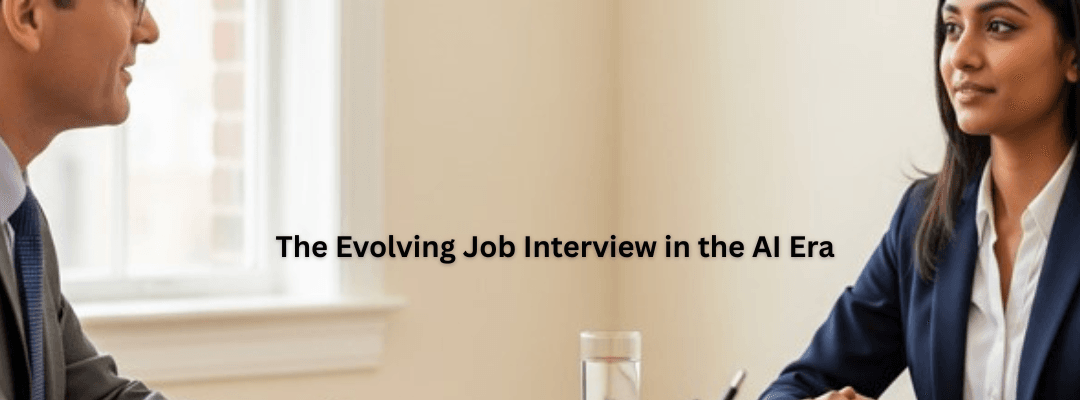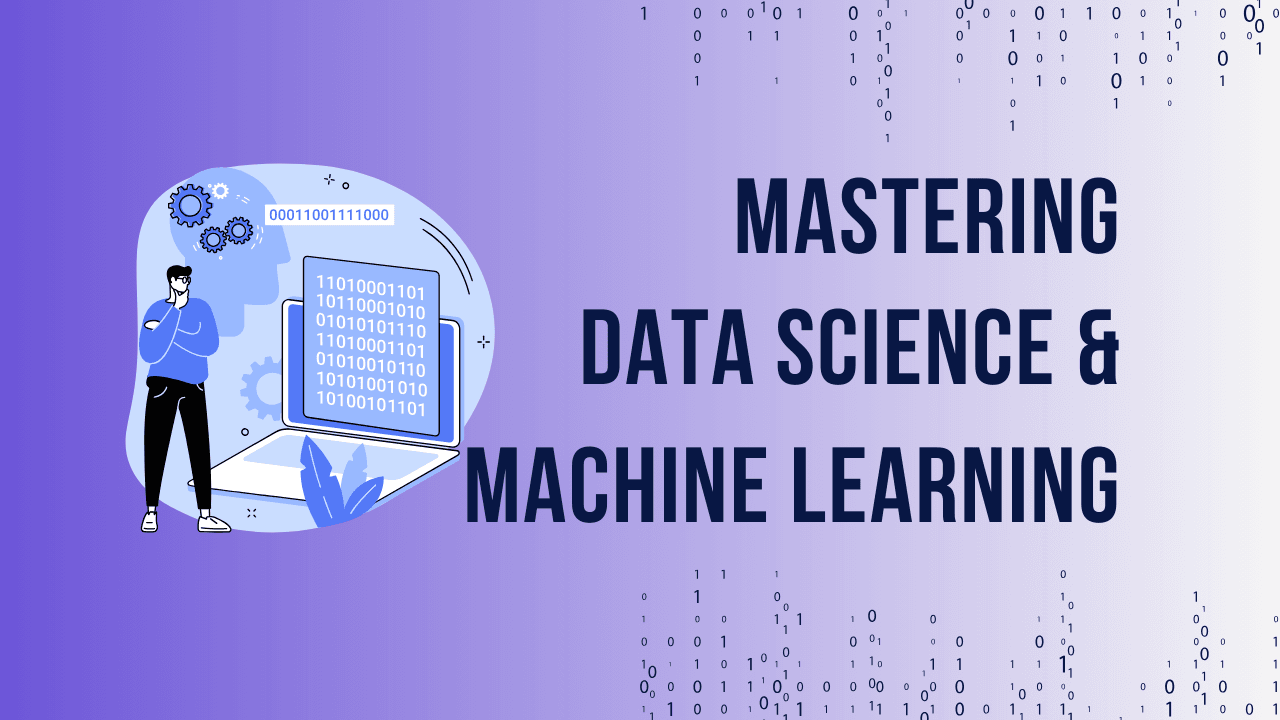In today’s rapidly advancing world, the landscape of job interviews is undergoing a significant transformation. We are stepping into an era where artificial intelligence (AI) is reshaping industries and the skills required to thrive in them. This shift is compelling companies to rethink their hiring processes, and candidates need to be prepared for a fundamentally different interview experience.
Traditionally, job interviews focused heavily on the candidate’s ability to recall and recite specific knowledge or facts. Knowing the correct answer was paramount. However, in the age of AI, this approach is becoming less relevant. Information is readily available at our fingertips, and AI can often provide quick answers. What is now far more valuable is the ability to ask the right questions, analyze complex problems, and utilize the appropriate tools to find practical solutions.
Interviewers are increasingly looking for candidates who demonstrate critical thinking, problem-solving acumen, and adaptability. They want to see if you can effectively navigate ambiguity, make informed decisions, and collaborate with AI systems. Merely possessing a vast repository of knowledge is no longer enough; you need to show that you can apply that knowledge in creative and strategic ways.
Furthermore, as AI continues to automate routine tasks, human professionals are needed to provide value through higher-level thinking, emotional intelligence, and unique insights. These skills are complex for AI to replicate and are increasingly in high demand in the job market. Job interviews are starting to reflect these changes.
Consider, for instance, a data analytics role. The focus has shifted from simply knowing statistical formulas to understanding how to frame a business problem as a data question, choose the proper analytical techniques, and interpret the results. Interview questions will challenge you to think deeply about the data and its implications, rather than simply demonstrating your technical proficiency.
Here are three examples of such interview questions for a data analytics role:
- Problem Analysis: “Our customer satisfaction scores have dropped by 15% in the last quarter. Without access to any specific data, what are the first three questions you would ask, and what data points would you want to explore to understand this decline?” This question focuses on the ability to identify the root causes and frame the problem.
- Tool Selection: “You have been tasked with predicting customer churn. Describe the different types of AI tools or algorithms you might consider using and explain why you would choose one approach over another in different scenarios.” This question emphasizes understanding the landscape of AI tools and how to select the most suitable tool for a specific situation.
- Interpretation and Insight: “Given a hypothetical dataset showing customer purchase history, how would you identify potential patterns and trends, and what key insights would you extract that could help drive business decisions? Explain how you would communicate these insights to a non-technical audience.” This question focuses on the ability to turn data into actionable insights and communicate them effectively.
As AI continues to shape our world, job interviews are evolving to prioritize critical thinking, problem-solving, and the ability to leverage technology effectively. Knowing the right questions, analyzing problems deeply, and selecting the appropriate tools are becoming more valuable than simply knowing the answers. Adapting to these changes will be essential for candidates seeking success in this new AI era.
UNP ensures thorough interview preparation is integrated into all courses, equipping students for today’s evolving job market. Our dedicated research team consistently monitors current industry trends, anticipating future shifts, and allows us to proactively prepare our students for forthcoming challenges.


